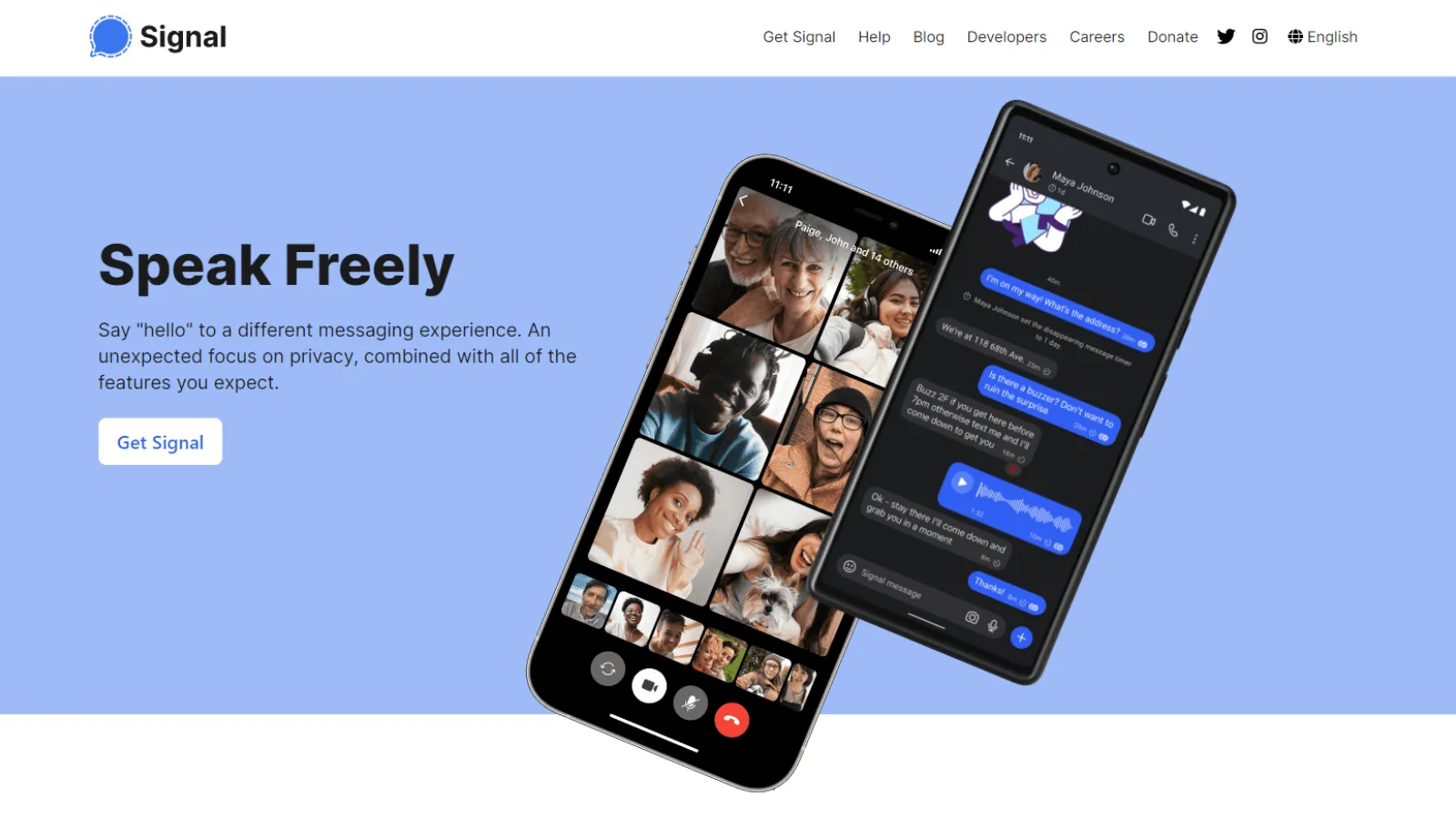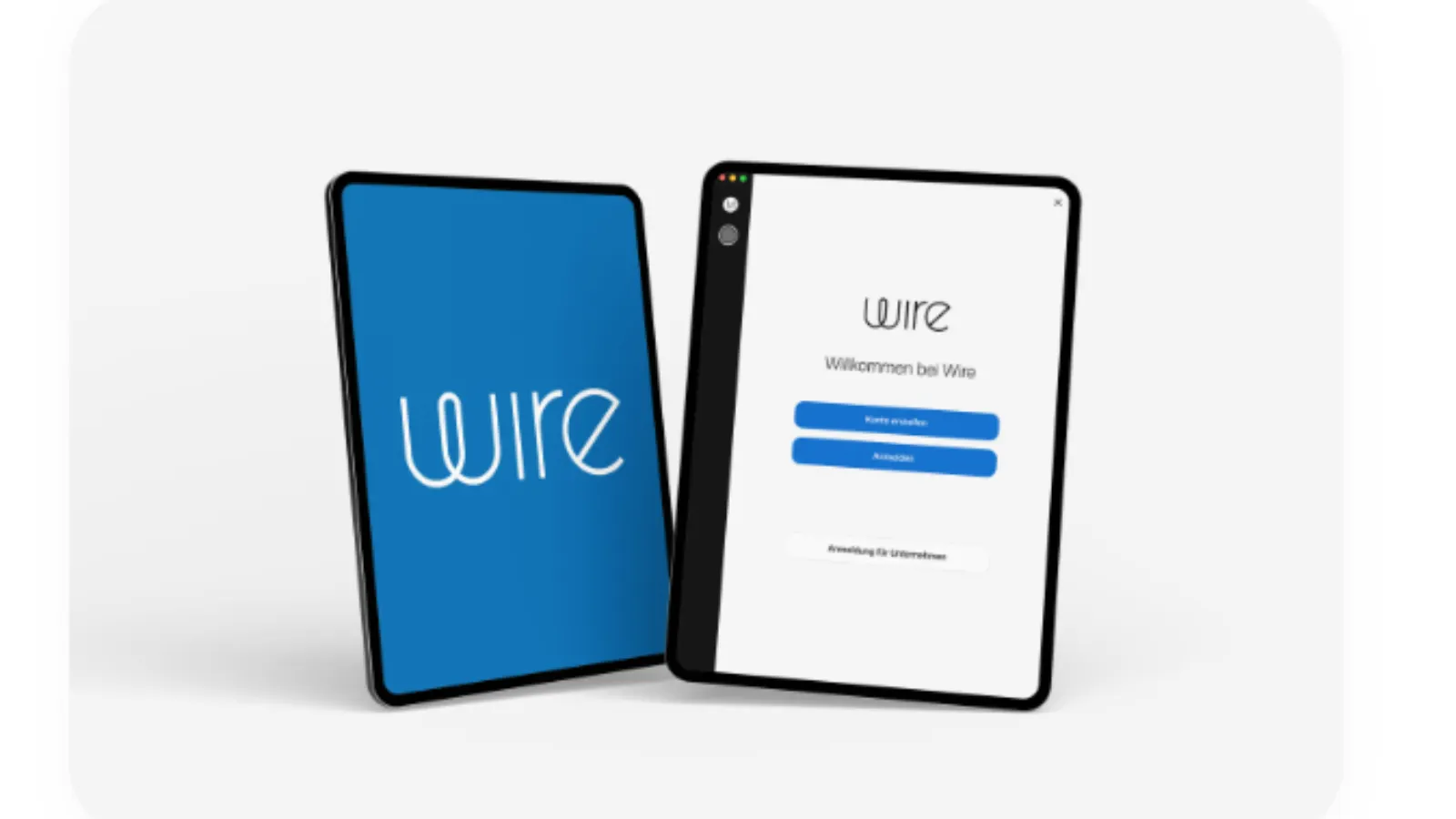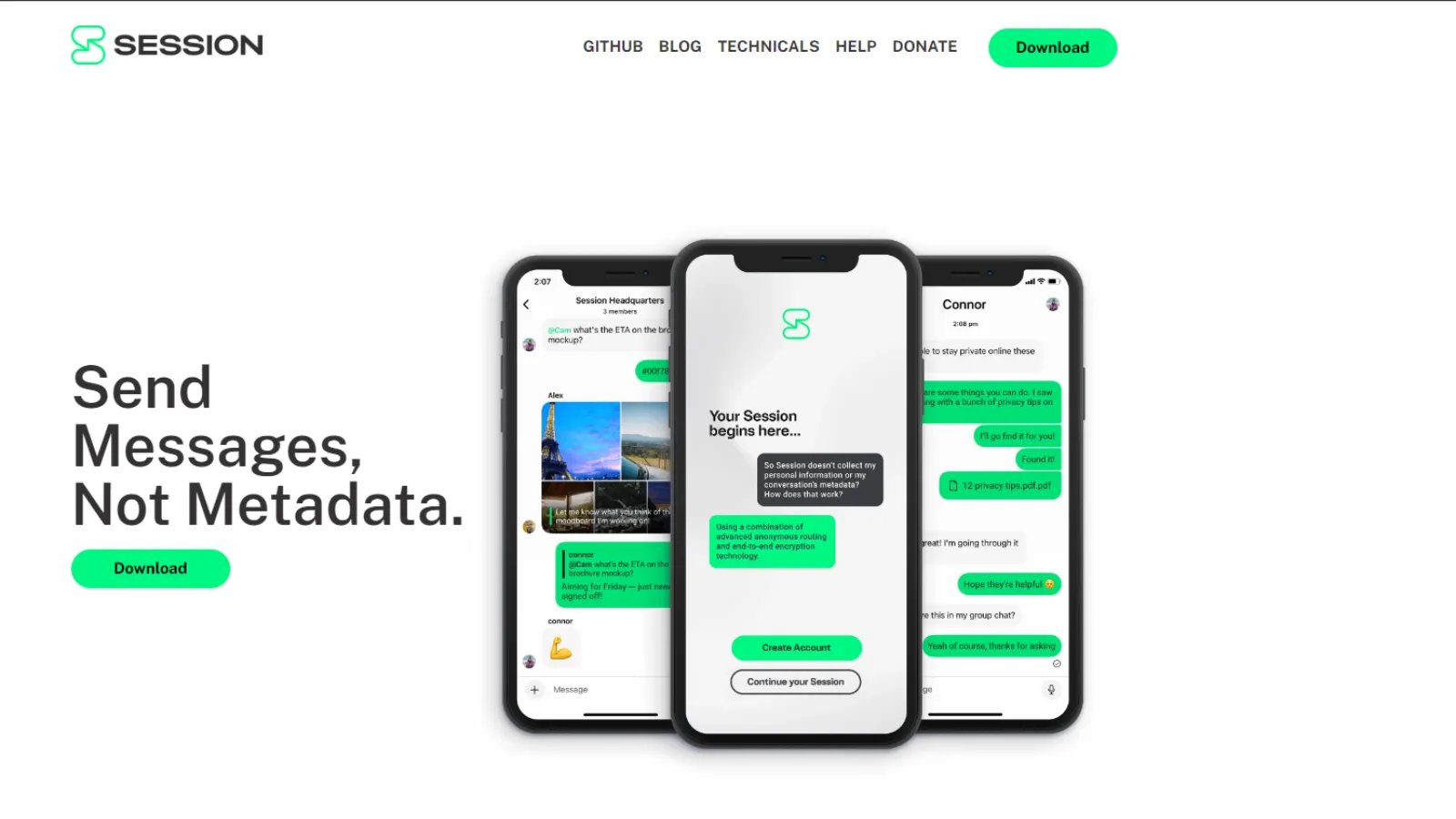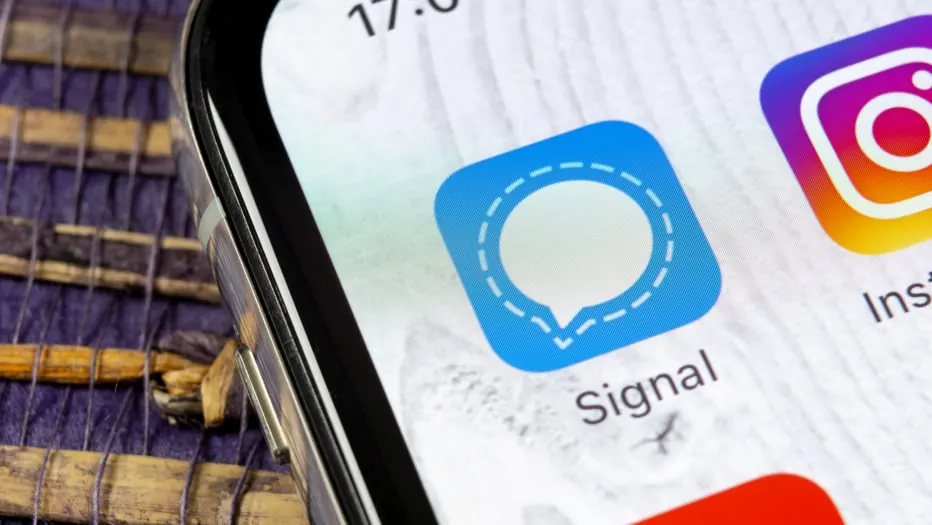The arrest and indictment of Telegram founder Pavel Durov by French authorities has led to renewed discussion about which messaging app provides the most privacy and protection for users. Despite its massive popularity, many critics say Telegram security is lacking.
Government interest in privacy-preserving technology is intense, as criminals have been known to use encrypted applications to conceal their crimes. However, such tools are also vital to journalists, dissidents, and survivors of abuse.
Let's look at some of the top privacy-focused messaging applications for desktop computers, iOS, and Android. To come up with this list, we looked at apps that include end-to-end encryption, are open source and open to public scrutiny, allow for anonymity, and offer usability and solid features.
Signal
The top rival to the popular messenger app Telegram, Signal is a messaging application launched in June 2014 and offers private and encrypted messages and calls. Signal is available for both desktop and mobile devices.
Known for its strong privacy features, Signal offers end-to-end encryption for messages, calls, and video chats, ensuring that only the sender and receiver can read or hear them. Features include disappearing messages, encrypted group chats, and the ability to verify contacts outside of the app for added security.

Signal is open-source and doesn't collect user data, making it a popular choice for privacy-conscious users. Signal is available for Android, iOS, macOS, Linux, and Windows.
Wire
Wire is an open-source messaging app launched in 2014. Aimed at business, law enforcement, and government agencies, Wire offers end-to-end encryption and collaboration tools. Wire supports text, voice, and video messaging, as well as file sharing and group chats. Features include timed messages, device synchronization, and encrypted video calls.

Wire is available on iOS, Android, Windows, macOS, and Linux.
Session
For users looking for a decentralized blockchain-based option, Session is an open-source private messaging app launched in 2020 by The Oxen Project based on the Signal protocol. It emphasizes privacy and security, with features like IP masking, end-to-end encryption, no phone number or email requirement, and routing messages. Its setup is similar to Tor, tapping the Loki network (Lokinet) to protect user identities.
Session also offers group chats, voice and video calls, and file sharing. It's designed to minimize metadata collection, ensuring anonymity and secure communication for its users.

Sessions is available for Android, OS, macOS, and Windows.
Dust
Dust was originally launched in 2014 as CyberDust by billionaire investor and entrepreneur Mark Cuban along with Radical App. It is a secure messaging app focused on privacy. Available for both Android and iOS, Dust is not open-source. Still, it offers end-to-end encryption, messages automatically self-destruct, and users can also erase messages from both their device and the recipient's device. Additionally, to enhance user privacy, Dust doesn't store data on its servers.

Like Telegram and Signal, Dust features private group chats. Dust will also alert the user if someone screenshots a conversation.
While no messaging app should be considered 100% private, options like Signal, Wire, Sessions, and Dust are compelling tools for secure communication.

